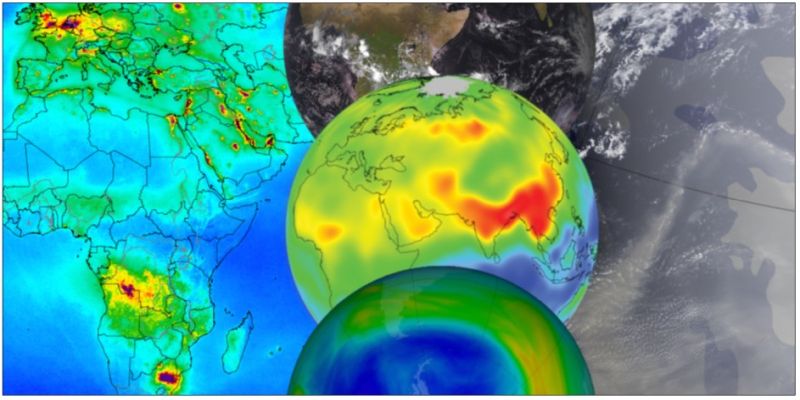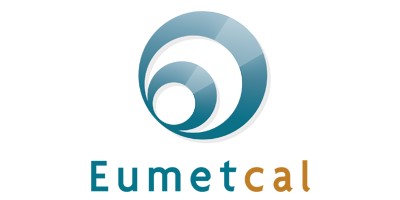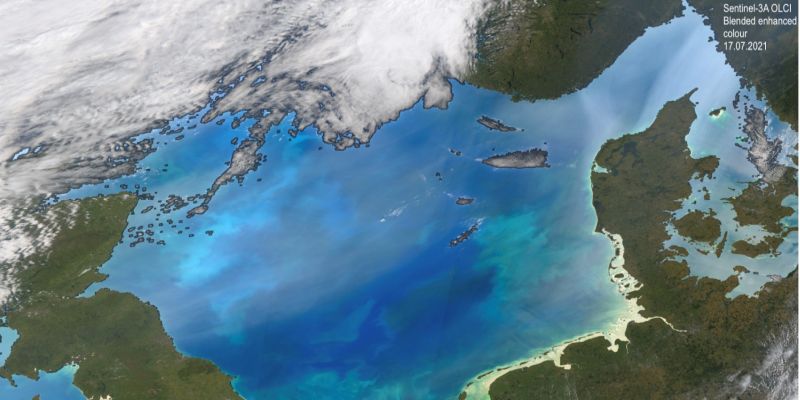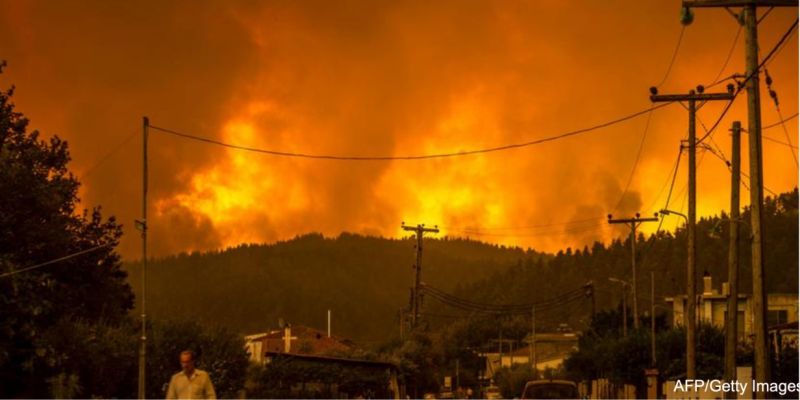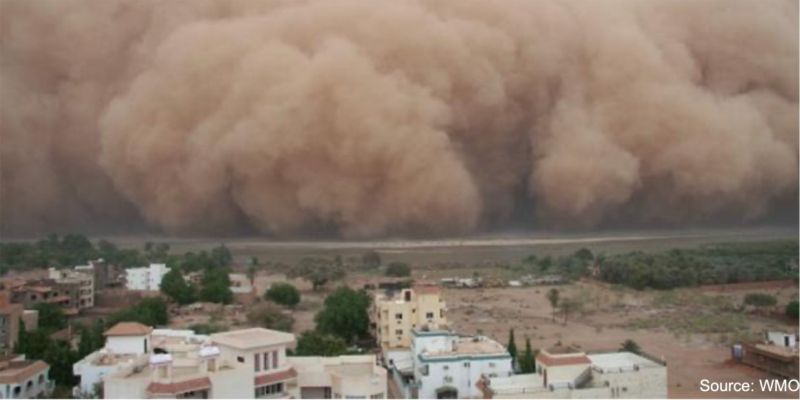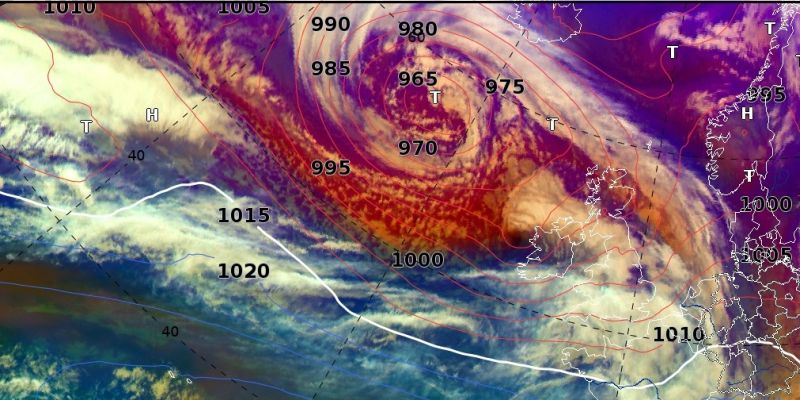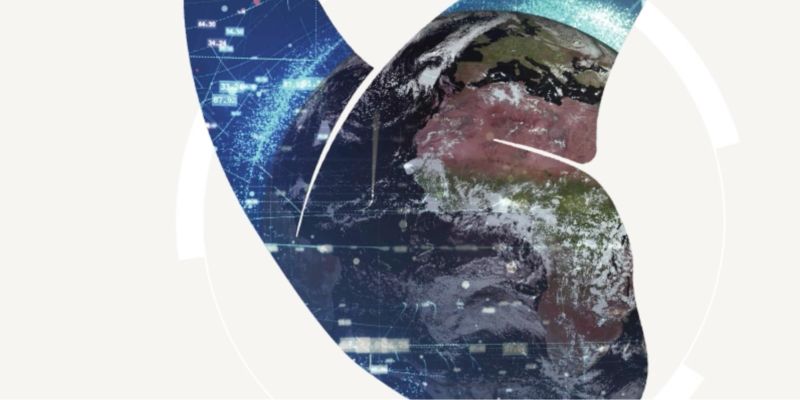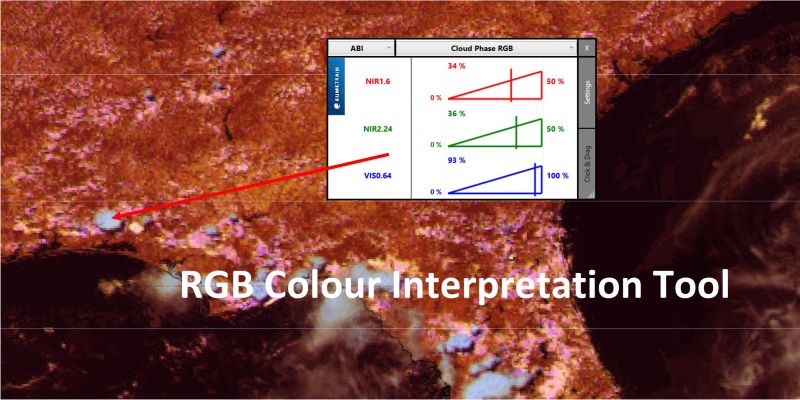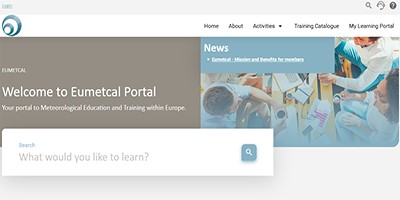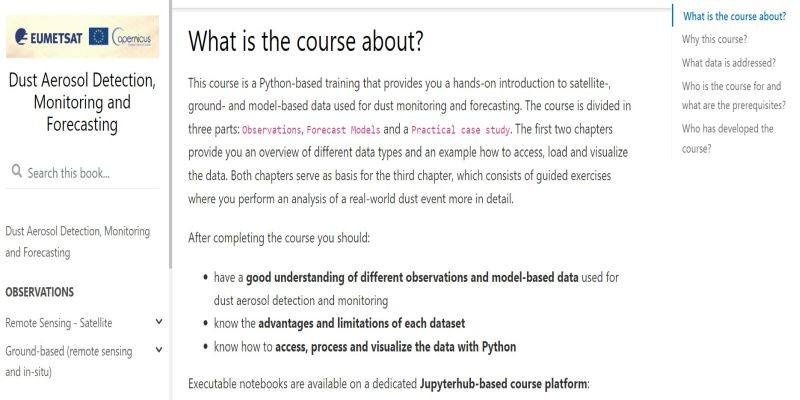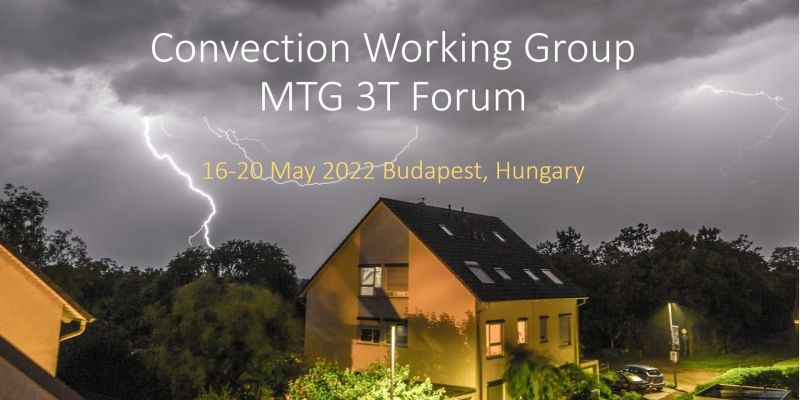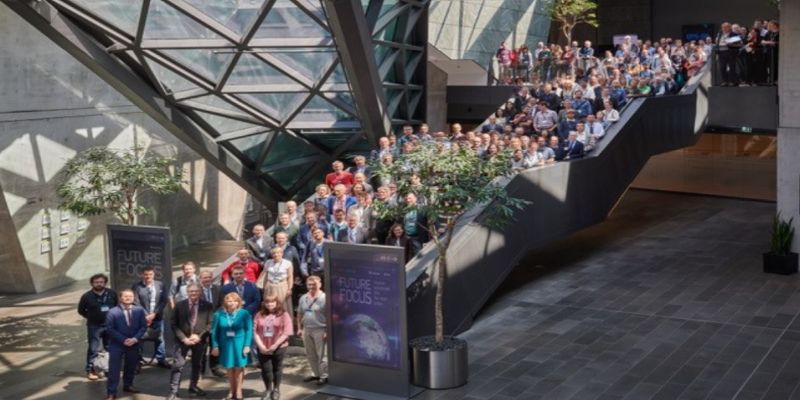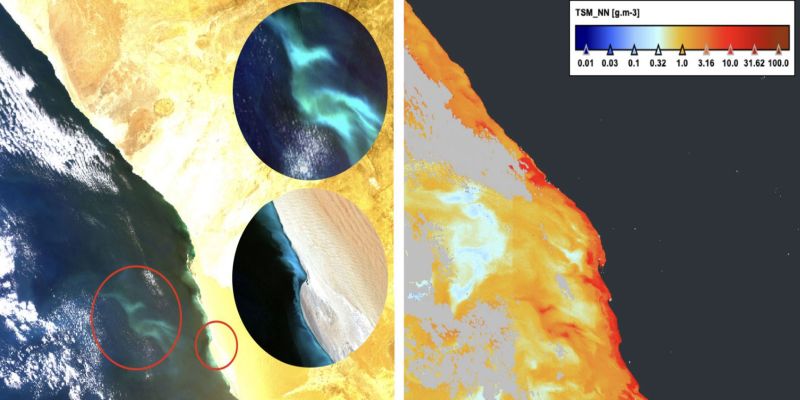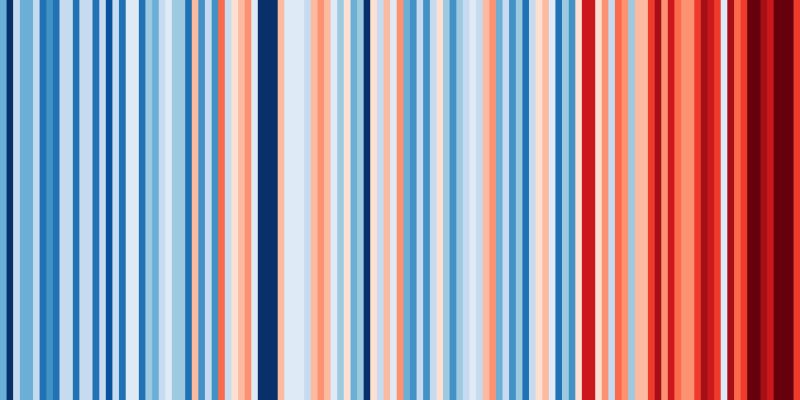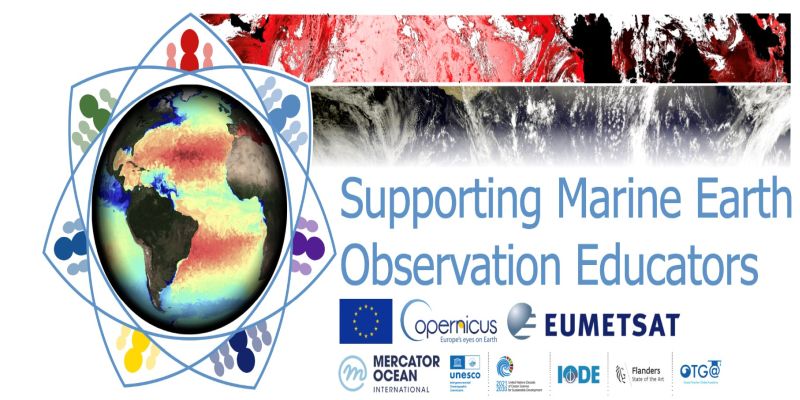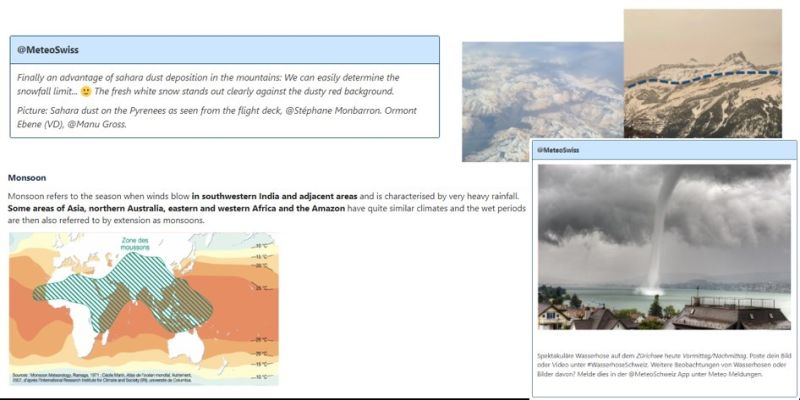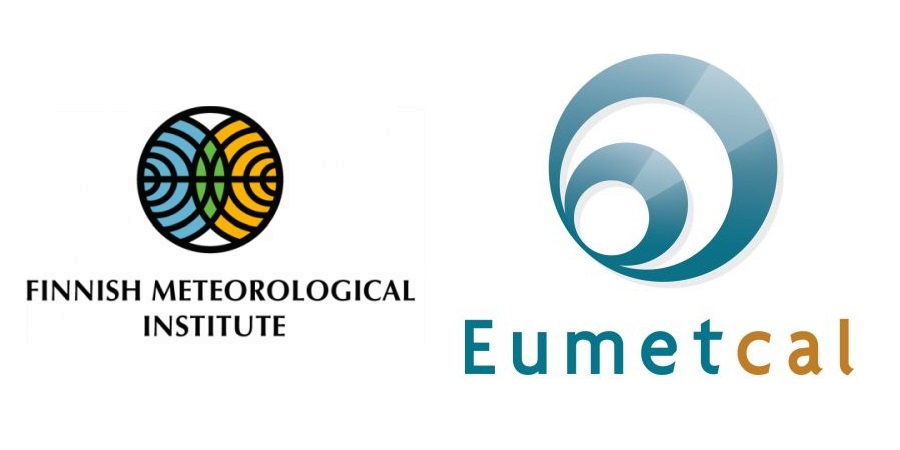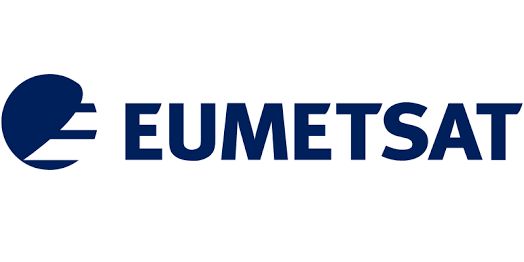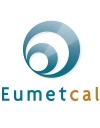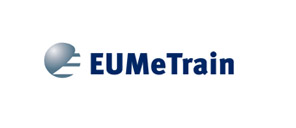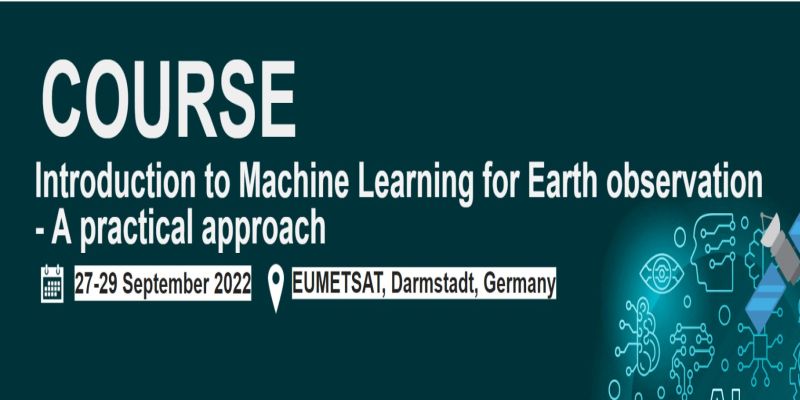
Introduction to Machine Learning for Earth Observation - A practical approach
27- 29 September 2022 / Darmstadt, GermanyInterested in increasing your knowledge of Artificial Intelligence and Machine Learning techniques? Participants from Member State weather and associated services are welcome to apply for the course "Introduction to Machine Learning for Earth Observation". This course will take place at the EUMETSAT headquarters in Darmstadt, Germany on 27-29 September 2022.
The training will provide an overview of machine learning potential for EUMETSAT data, and the main machine learning techniques, with hands-on modules using real world data. Attendees will need to be comfortable editing Python using Jupyter notebooks.
More information and link to apply can be found on the EUMETSAT training site.
